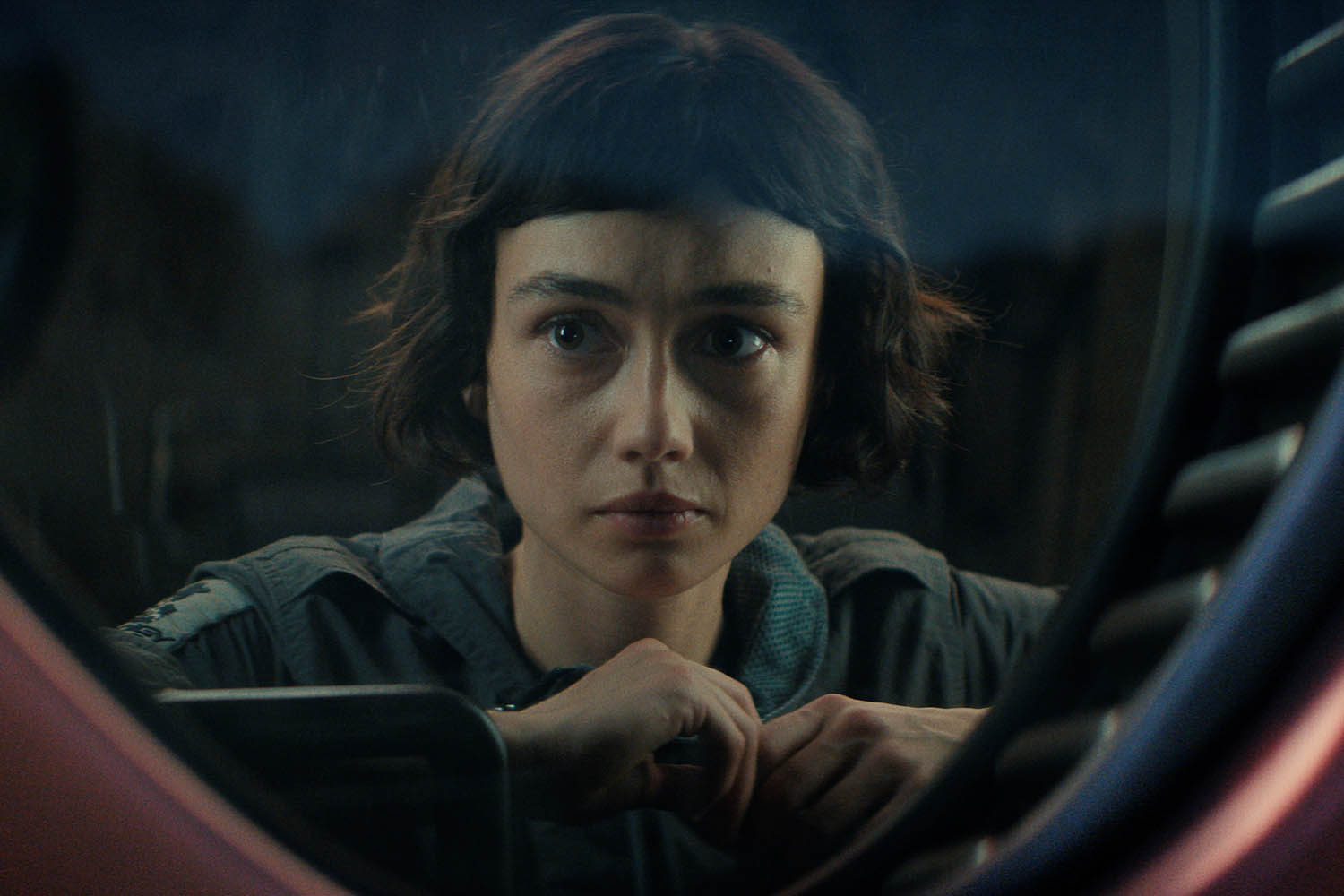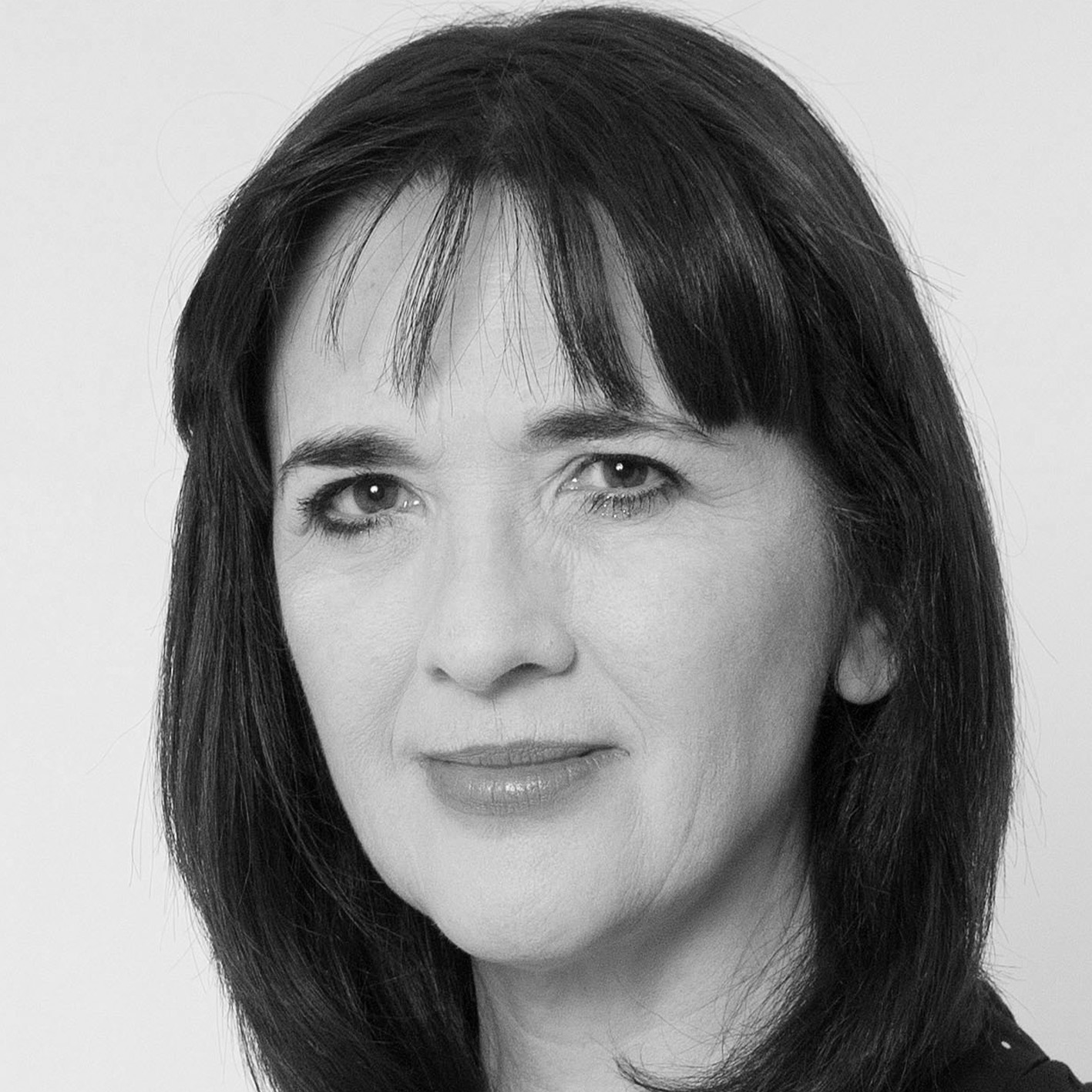Does the world need another riff on Alien? I once interviewed Sigourney Weaver and she told me she approached the role of Ripley in Ridley Scott’s 1979 sci-fi classic as if she were “playing Henry V on Mars”. Maybe that’s the point: there’s a Shakespearean sensibility behind the original space horror and its various reinterpretations, starting with James Cameron’s equally memorable Aliens in 1986. Along with Scott’s Blade Runner (1982) and Cameron’s The Terminator (1984), Alien continues to be viewed as one of the sacred texts from which so much of modern sci-fi springs.
Noah Hawley, creator of the TV version of Fargo, now brings Alien: Earth to Disney+. An eight-part prequel, with Scott on board as an executive producer, it delivers the extraterrestrial star turn – not only the scurrying, screeching dual-jawed nightmare xenomorph from the original Alien – but also the airless, oppressive atmosphere of the earlier movies.
Set in 2120, two years before the original, it unfolds in a dystopian corporate era where five companies rule Earth: including Weyland-Yutani – which owns the space vessel USCSS Maginot, carrying alien specimens – and Prodigy, which runs the city here the Maginot crash-lands.
There are already synthetics/ synths (AI beings) and cyborgs (cybernetically enhanced humans) here. But Prodigy’s ruler, Boy Kavalier (Samuel Blenkin) – an entitled, reckless pyjama-clad kazillionaire (think Willy Wonka with behavioural challenges) SUB: Removing as too many Wonkas in this issue; pushing to web – has developed hybrids: six humanoid bots imbued with the consciousnesses of terminally ill children. The first is called Wendy (Sydney Chandler) and the rest are named after other characters familiar from Peter Pan.
Their mentors include Timothy Olyphant as an enigmatic synth, distractingly styled in a Machine Gun Kelly-esque fright wig. Elsewhere, Wendy’s human brother (Alex Lawther) is part of the Maginot rescue team, and a deranged Weyland-Yutani cyborg called Morrow (Babou Ceesay, on brilliantly intense form) schemes to retrieve the Maginot aliens that have fallen under Prodigy’s control.
Nearly everyone is dressed in sci-fi-approved neutral tones, like staff wafting around an upmarket spa. More pressingly, are the monsters of Alien: Earth scary enough? The familiar species (xenomorphs emitting hissing green acid blood; giant eggs housing embryos; face-suckers) hold their own. But a prominent new alien – an eyeball attached to a dinky squid-like structure – verges perilously close to cutesy Monsters Inc territory.
There is nothing here that shocks as much as what burst out of John Hurt’s chest in 1979, but gore abounds
There is nothing here that shocks as much as what burst out of John Hurt’s chest in 1979, but gore abounds
One key theme of the new series lies in the pathos of the six vulnerable child consciousnesses locked inside superhuman machinery. But in the opening double episode, the hybrids feel too generic. As the series progresses, their childlike natures become more exposed, as does Boy Kavalier’s inhumanity. Here, Alien: Earth starts hitting its existential stride: plunging into complex themes from the ethics of AI to the clash of capitalism and technology, and even the consequences of immortality (“We ended death”). The fifth episode, rewinding to Maginot before the crash, is a capsule sci-fi treat that almost feels like a micro Alien.
There is nothing here that shocks as much as what burst out of John Hurt’s chest in the original. But gore abounds: impressively, relentlessly, and with each episode, dread and hopelessness build like a thick choking fog, leaving me intrigued to see how Hawley will navigate the climax of this prestige modern sci-fi.
On Channel 4, In Flight – created by writer Mike Walden and director Adam Randall (Slow Horses) – steers the six-part airborne thriller into smuggling territory.
Katherine Kelly plays flight attendant Jo, whose son Sonny (Harry Cadby) is imprisoned in Bulgaria for killing someone in a drunken fight, which he denies. Accosted by a sinister stranger (Stuart Martin), Jo is given a stark choice: in return for protection for her son in prison, she must smuggle drugs into Istanbul and Thailand.
Newsletters
Choose the newsletters you want to receive
View more
For information about how The Observer protects your data, read our Privacy Policy
Tense scenes involve Jo wheeling her false-bottomed case through customs and taping drugs to her body: Kelly is excellent at portraying fear behind a rictus of normality. But the series is less convincing in its improbable depiction of court cases, foreign climes, gun-toting desperation and illicit liaisons – such as Jo’s resurrected affair with a customs official, played by Top Boy’s Ashley Thomas. It’s a solid but strangely unsatisfying thriller. There’s the sense of something more psychologically challenging struggling to get through.
Don’t get tangled up in your corsets, but it appears that The Gilded Age (Sky Atlantic), from Downton Abbey creator Julian Fellowes, is finally as shiny and vivacious as the title suggests. This week’s galvanising third series finale airs as US viewing figures climb.
Before now, Fellowes’s take on 19th-century New York high society was perceived as the ailing US cousin to Downton. It wasn’t even a hate-watch, more of a horrified pity-watch. Despite strong characters (Carrie Coon as nouveau riche Bertha; Christine Baranski as snobbish Agnes; Denée Benton as a woman with a past), it was clogged up with bores, above and below stairs. Entire episodes were taken up with Bertha’s husband, George (Morgan Spector), droning on about revolutionising transportation systems. He’s still doing this, but the show is livelier elsewhere – with tiffs, bankruptcy, balls, homosexual trysts, divorce and a gunshot-riddled cliffhanger. Most scandalously, Bertha and George have marital problems due to her ambition and the latter has taken to (gasp) “sleeping at his club”.
Not before time, The Gilded Age has realised it isn’t a worthy historical drama dedicated to an in-depth analysis of copper mines and interconnected railway systems. It’s a glossy period soap, with all the fripperies and trappings that entails. Fellowes has finally deigned to turn the oil lamps up.
Barbara Ellen’s watchlist
Ridley
(ITV1)
The retired Lancashire detective, played by Adrian Dunbar (Ted Hastings in Line of Duty), returns for a second series of solving crimes and crooning jazz in bars (Dunbar also sings in real life).
Butterfly
(Amazon Prime Video)
Taut US espionage thriller derived from a graphic novel about a Korean spy duo. It stars Daniel Dae Kim (Lost).
Love Is Blind UK
(Netflix)
The “pods” return in the British version of the US dating show, hosted by Emma and Matt Willis (above), where contestants only get to see their beloved after they’re betrothed. Let the morally dubious romantic bloodbaths commence!
Photographs by FX

